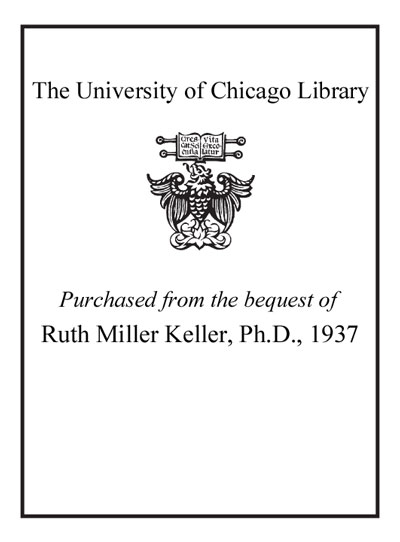Review by Choice Review
This book takes as its starting point the realization that, despite scholarly focus on performance--more precisely, composition in performance--in the last several decades, full appreciation of the Homeric poems as solo performance is still lacking. Kretler (structured liberal education, Stanford Univ.) proposes to fill this gap. A dense introduction explains the concepts employed in the book and includes an important appreciation of Plato's and Aristotle's views on the Homeric performances of their times. Four chapters follow, with "interludes" after chapters 2 and 4. A conclusion, two appendixes, bibliography, and index close the book. Kretler examines several Homeric scenes as scripts to be performed. In great detail, and very knowledgeably, Kretler unveils the sophisticated ways in which the poet merges with his characters at the same time that he controls them, and she argues that a similar process takes place in the audience. This interplay between poet, audience, and characters generates an uncanny experience, which is the aim of the performer and of the Homeric script; from this emanates the disturbing fascination that the poems exert on their audiences. This study will be of great interest to advanced scholars. Summing Up: Highly recommended. Graduate students, researchers, faculty. --Pura Nieto, Brown University
Copyright American Library Association, used with permission.
Review by Choice Review

